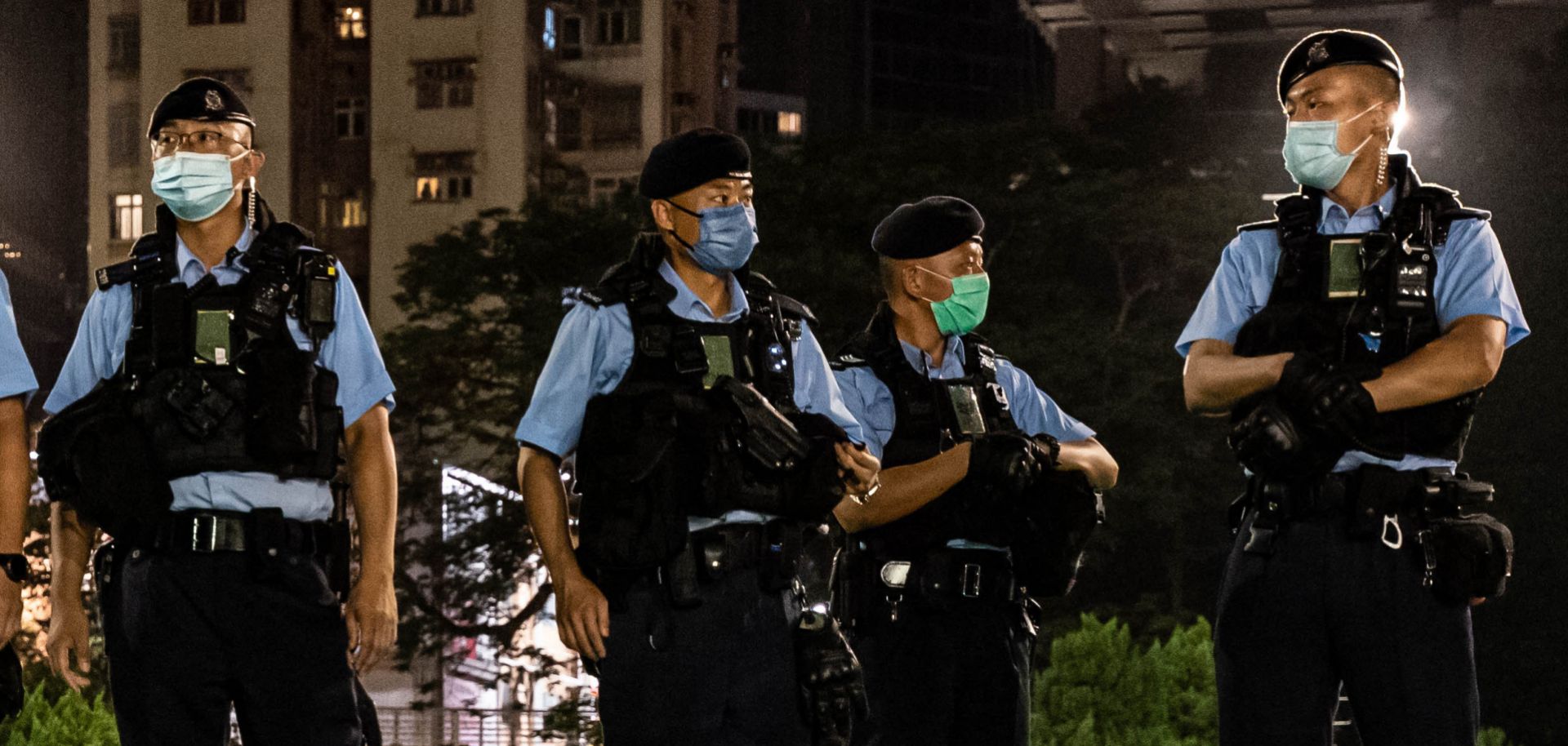Hong Kong's local national security law reflects the spread of China's increasing national security-focused governance model, and it will pose legal and compliance risks to businesses and serve as another barrier to China's efforts to curb the erosion of economic ties with the West. On March 8, Hong Kong's Legislative Council (LegCo) read out the draft text of a local National Security Law (NSL), which would complement a Beijing-imposed NSL from June 2020. The new NSL describes a number of national security crimes -- including treason, insurrection, incitement, sedition, misuse of state secrets, espionage, sabotage, external interference, and the operation of organizations threatening national security -- as well as punishments, enforcement measures and judicial procedures. The bill defines national security threats broadly as those endangering political regime stability, sovereignty, ''Chinese unity,'' citizens' welfare, economic development, and other major state interests, as well as impeding Hong Kong's ability to have a...

